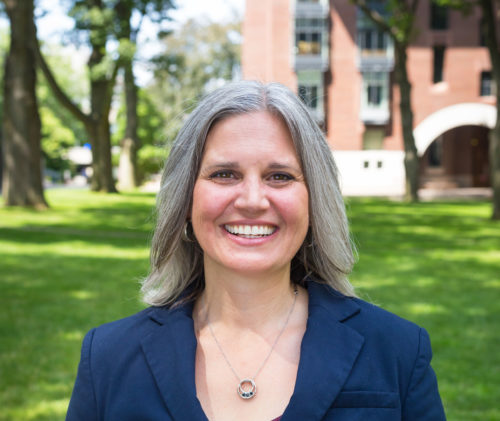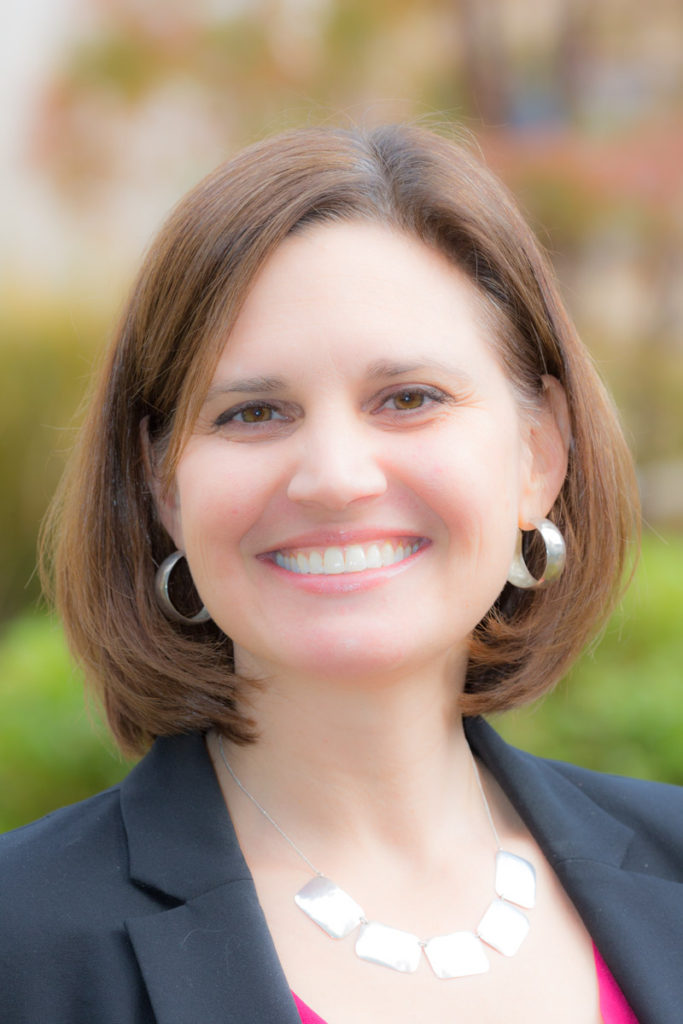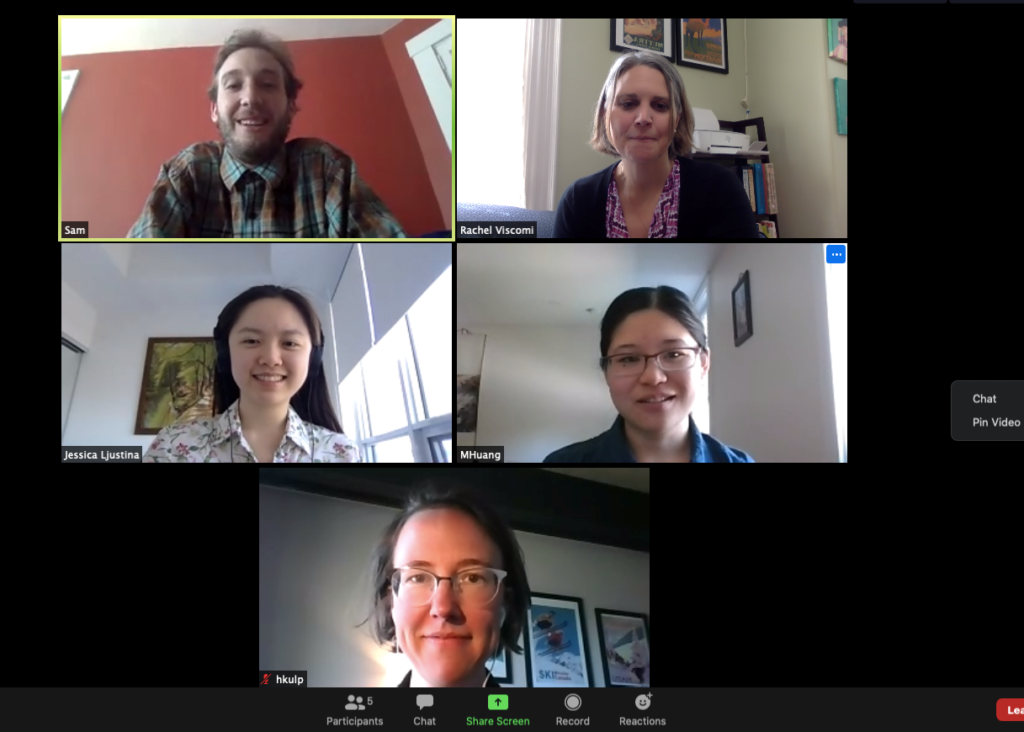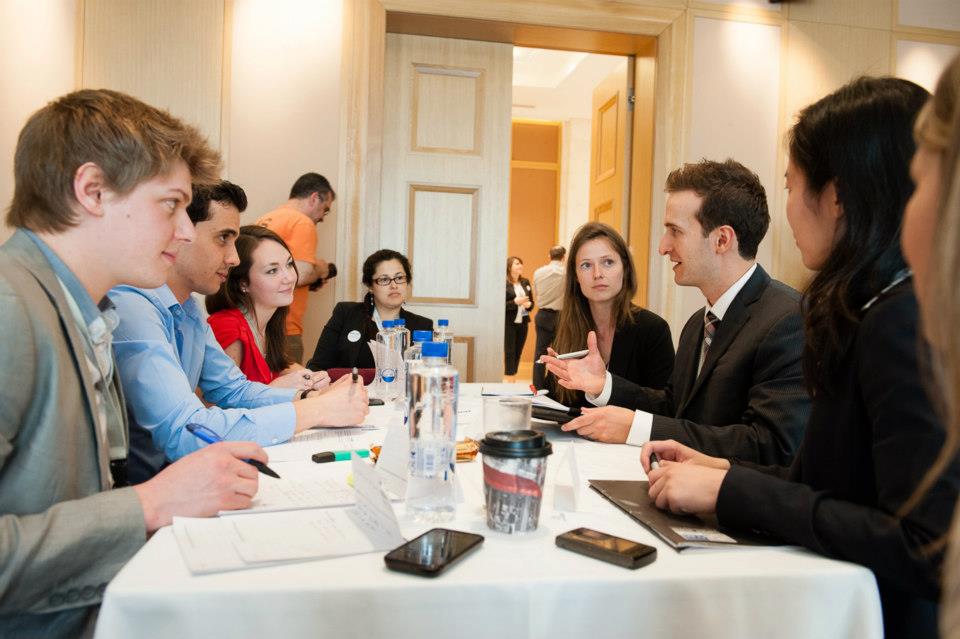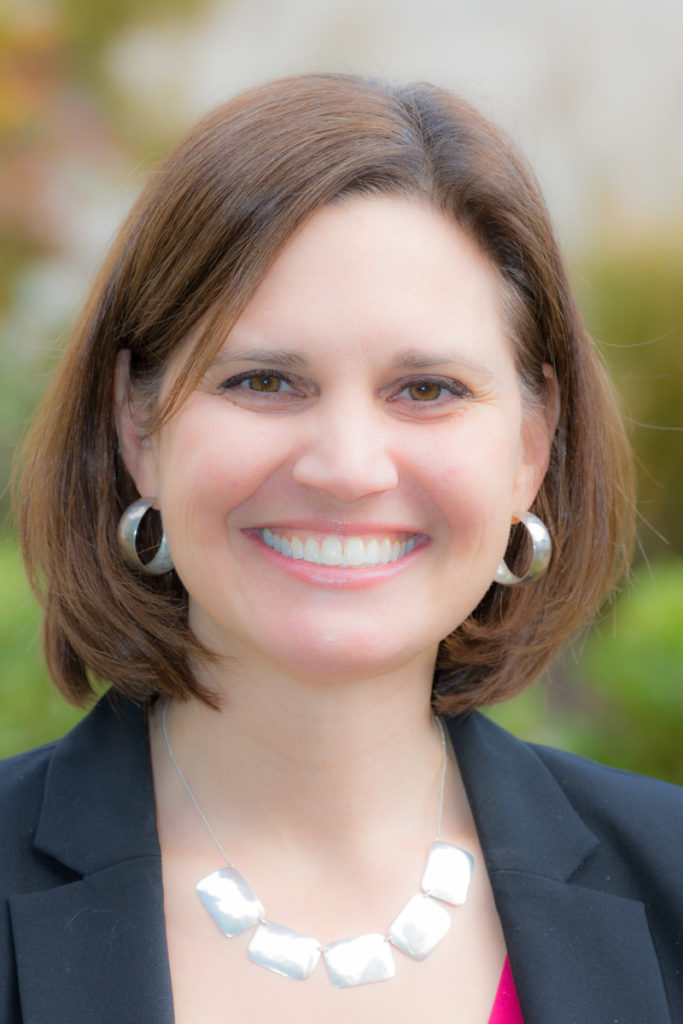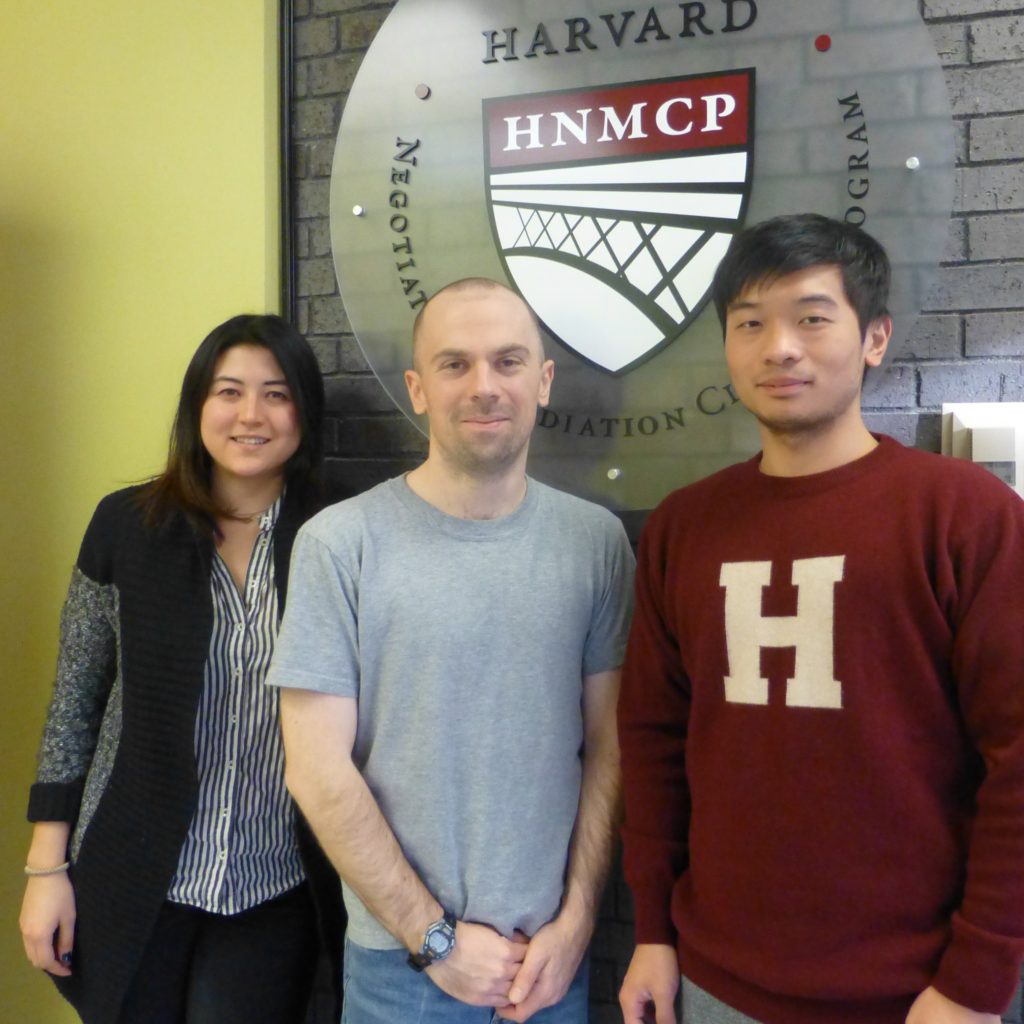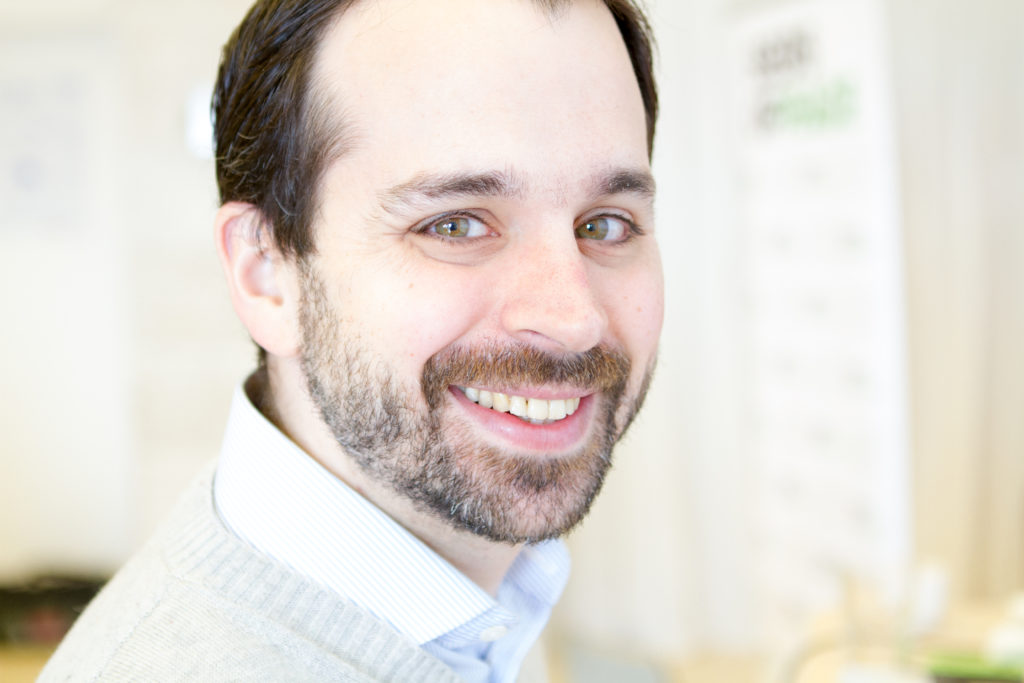
We caught up with Toby Berkman ’10, a two-time HNMCP clinic student, and current dispute resolution professional, for our alumnus spotlight this year.
During his years at Harvard Law School, Berkman also served as a student mediator in the Harvard Mediation Program, as a Teaching Assistant for the Negotiation Workshop, and after graduation, as the first HNMCP Associate (the title has since changed to Fellow). During his year at HNMCP, Berkman co-wrote, edited, and produced the first DVD teaching tool put out by the Clinic, in conjunction with the law firm WilmerHale, “Critical Decisions in Negotiation.” This fall, Berkman served as a facilitator in HNMCP’s newest, soon-to-be-released, DVD teaching tool on facilitated dialogue, Police-Community Dialogue, and this past spring semester, was a Lecturer in the Negotiation Workshop.
HNMCP: Can you trace any particular influences in your life that lead you to pursue the study of negation and dispute resolution at HLS? Given the range of clinic options available at HLS, why did you choose HNMCP?
Toby Berkman: I’d had a couple of hugely formative experiences in the years before law school. First, I started working for the nonprofit Seeds of Peace, and became friends with young people from countries around the world including Israel, Palestine, Jordan, Egypt, Kosovo, Macedonia, Bosnia-Herzegovina, Serbia, India, Pakistan, Afghanistan, and others. Then I spent a year as a teacher living in Casablanca, Morocco, and felt this really compelling connection to that place and its incredible cultural diversity, and then some time working for Seeds in Jerusalem. I was experiencing all of this in the early 2000s in the context of September 11 and then the Iraq war. I felt this calling to get involved and do something to promote cross-cultural understanding and dialogue. After a stint as a researcher in D.C. (focusing on international peace operations) I came to law school with a vague notion that I wanted to do something “practical” in the “real world” related to conflict resolution. Truth be told I had very little interest in being a lawyer—at least for the long term.
HNMCP was the one community at HLS where I felt totally at home, both with the other students and the instructors, and where I felt like my work really had meaning and was focused in the direction I wanted. As soon as I started working at the clinic I had this feeling like, “these are my people.”
HNMCP: Seeds of Peace has engaged HNMCP in five separate projects over the years. Can you say a bit more about what is so important about their work to you and how it has shaped you?
TB: My brother was the one who first convinced me to start working for Seeds back in 2001, when I was still in college. He had worked there for a few years after connecting with the organization while living and studying in Jerusalem. I think the experience changed both of us and shaped our professional trajectories.
My brother ended up becoming very interested in world religions, religious dialogue, and Judaism. For him, Seeds was this profoundly moving spiritual experience, where people were able to come together despite incredibly trying circumstances and come to see the humanity—and even divinity—of their enemies. He eventually became a rabbi.
For me, I think the experience felt more like a call to action to try to address some of the injustices I witnessed. Interestingly, though, the experience didn’t really let me just take on one side of the story and become a pure activist. Instead, I felt drawn to a kind of “activism through dialogue.”
HNMCP: What was some of the challenges and the rewards of your two-semester HNMCP project with the Roman Catholic Archdiocese of Newark?
TB: It was such a great, challenging project! The archdiocese wanted to merge two of its churches that were only a few blocks apart, but the two congregations didn’t get along. The most rewarding part was getting to learn about this one, really thorny and deeply personal issue from so many different perspectives. Just when we thought we had our heads around it we would talk to someone else with a totally different perspective. It was like this never-ending onion. I also had a fantastic partner, Adam Kinon, who is just this hilarious and awesome guy to work with.
HNMCP: What are the most important skills you learned through your negotiation training? How have you used those skills in your career since leaving HLS?
TB: Two things jump to mind: one, learning how to shut my mouth and listen, and two, learning how to pay attention to, rather than ignore, my emotional intuition. I use these skills every day with my clients, with stakeholders, within my organization CBI, and at home with my wife.
At CBI, I’m dealing with stakeholders who may be mistrustful of us or the process we’re managing, and effective listening and emotional intuition are critical to building that trust.
HNMCP: What’s it like coming back to teach the Negotiation Workshop after having taken it as a student? What skills do you call on when leading a working group?
TB: It was wonderful to be back! The most challenging part was balancing my work at CBI with preparing for and managing my working group. We had a wonderful, generous and thoughtful group of students who were a pleasure to work with. But it’s a lot of work!
One of the most important skills or approaches I try to embody when leading the group is to be utterly non-defensive about my role and about the material. The stuff we teach isn’t always intuitive for folks; some people love it from the get go while others don’t. My perspective is that if people want to challenge the material or express different opinions, I think that’s great—it shows they’re genuinely engaged. I try as best I can to lean into those differences rather than shy away from them.
HNMCP: You’ve recently support HNMCP’s new pedagogical work in facilitation and facilitation dialogue by serving as a facilitator for a police-community dialogue. This dialogue was filmed and is currently being made into a DVD teaching tool that HNMCP will sell to educators. How does facilitation differ from negotiation and of what importance is it to lawyers?
TB: The most basic difference is that as a facilitator you are supposed to be neutral as to the substantive outcomes of a dispute or issue. I say, “supposed to be” because in practice you’ll always have your personal biases, but you need to do your best to keep those out of the equation. Facilitation can also serve any number of different purposes—sometimes you’ll want to help the parties try to reach an agreement, other times you’ll just want them to have a good conversation and express their differences in a productive way. As a negotiator, on the other hand, your goal is to persuade the other side on something of substance.
Being a great facilitator as a lawyer is an incredibly useful skill—and it’s really low-hanging fruit. Most legal disputes or deals involve multiple internal and external stakeholders, even if they ostensibly involve only two parties. This means the skill with which you design and manage group conversations will have a substantial impact on your success. So many people are so clueless about how to manage group processes, if you can bring that skill to the table it’s a huge value add for your clients.
HNMCP: You are one of a growing number of HNMCP graduates—among them John Abbruzzese, Sara del Nido Budish, Chad Carr, Seanan Fong, Rachel Krol, Elaine Lin, Jen Reynolds, Sasha Pippenger, Sam Straus, Stephan Sonnenberg, and Rachel Viscomi—who have pursued careers in alternative dispute resolution. What do you love about your work at the Consensus Building Institute? What does a typical day look like for you?
TB: CBI is an amazing organization and I’m so lucky to work there. I work with an incredibly talented, kind, and dedicated group of colleagues, working on seriously challenging and important problems. In my typical day, I might be conducting stakeholder interviews for a conflict assessment for a local development project, preparing or delivering a training for UN or US government officials in negotiation and consensus building, writing up a report on how the World Bank can improve its management of energy conflicts in a developing country, or facilitating a dialogue on the future of ocean resource management off the New England coast.

